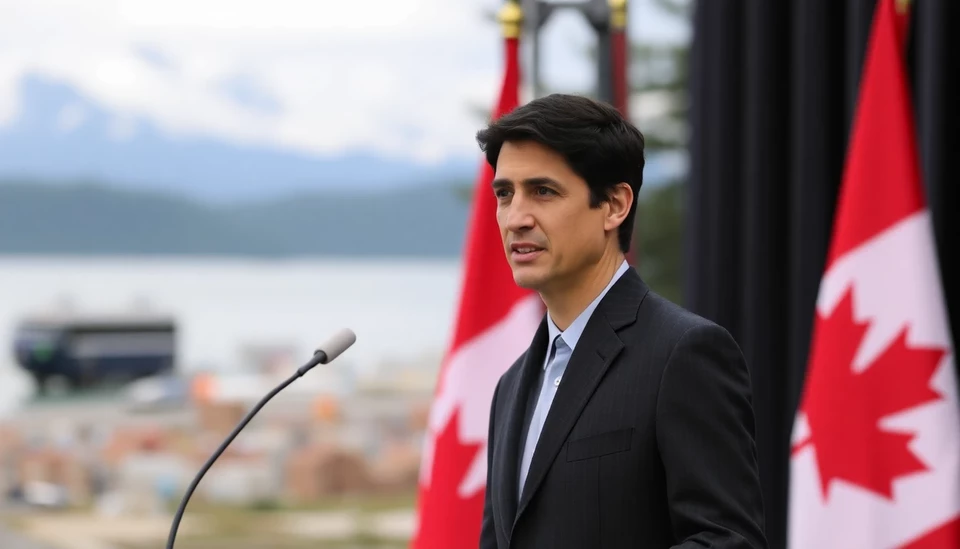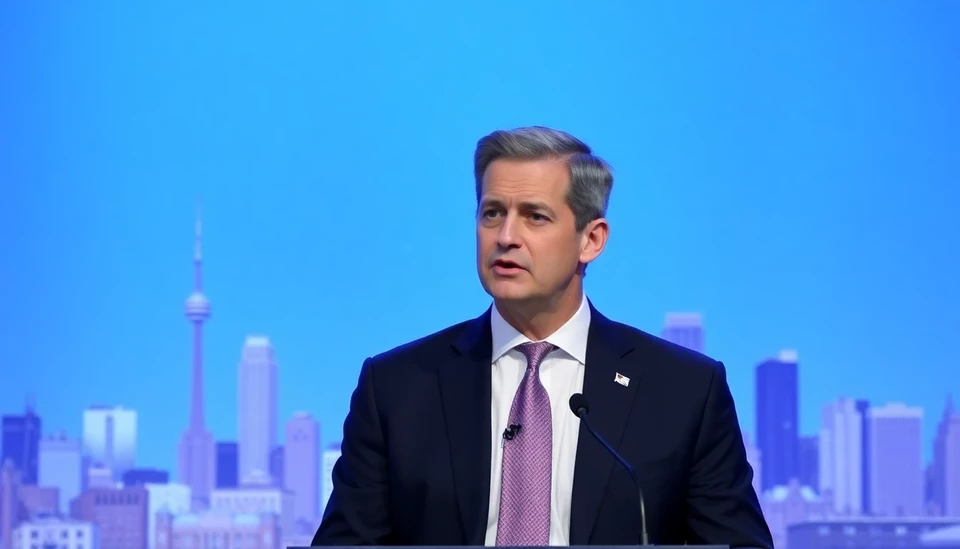
In a significant move that has captured the attention of Canadian policymakers and business leaders alike, the premiers of Canada's provinces are urging Prime Minister Justin Trudeau to bolster border security measures in response to the escalating tariffs imposed by the United States. The call for action comes in the wake of heightened economic tension stemming from new tariffs announced by the Biden administration, which critics fear could severely impact Canadian exports.
The premiers convened and expressed their collective concerns during a recent conference call, emphasizing the necessity of a strong and unified response to safeguard Canadian jobs and industries against potential economic fallout. The cross-border trade relationship between Canada and the U.S. is vital, with billions of dollars in goods and services exchanged daily. The new tariffs are perceived as a direct threat, not only to trade but also to the broader economic stability of Canada.
Premiers from various provinces voiced apprehensions that without reinforced border security protocols, Canada might experience an influx of goods being diverted through unofficial channels to evade the tariffs. They highlighted the risk of economic disruption not just at a provincial level but across the national landscape. The last thing Canada needs in its recovery from the pandemic is a further strain on its economic fabric due to trade barriers.
In light of these developments, Trudeau's government finds itself under pressure to act decisively. The premiers are advocating for a comprehensive border strategy that includes both enhanced security measures to prevent tariff evasion and greater support for affected industries. Several provincial leaders have suggested that this situation necessitates an immediate dialogue with the U.S. government to negotiate more favorable terms and counteract the adverse effects of the tariffs.
As part of the discussion, the premiers have urged Ottawa to increase investments in customs and border protection resources. They contend that such measures are essential for monitoring and addressing trade irregularities that arise due to the new tariff regime. The premiers' concerns add another layer of complexity to debates about national security, economic stability, and international trade relations.
The implications of these tariffs stretch far beyond the immediate business impacts. Farmers, manufacturers, and small businesses across Canada are already reporting feelings of uncertainty about their futures amidst these developments. The ripple effects could threaten job security for thousands, which is a critical issue that has not gone unnoticed by the provincial leaders advocating for swift action.
In response to the mounting pressure, the Trudeau administration has stated its commitment to protecting the interests of Canadian workers and businesses. They have promised to engage in ongoing discussions to calibrate a robust strategy suited to confront these economic challenges head-on. However, many politicians and industry experts feel that the government’s response needs to be not only promptly initiated but also strategically comprehensive.
As the situation continues to evolve, all eyes remain on how Prime Minister Trudeau will respond to the provinces' demands and the broader implications this Federal-Provincial partnership will have on trade and border policy moving forward. The premiers are holding the government accountable, urging for quick communication and concrete policies that will protect the economic integrity of Canada.
The challenge ahead is to navigate these complex intergovernmental relations while ensuring that the interests of the Canadian populace are prioritized during this critical juncture in trade relations with the United States. The developments in the coming weeks will be pivotal in determining the outcome of this pressing economic challenge.
Ultimately, the pathway Canada chooses could set a precedent for how such trade disputes are handled in the future, both with the U.S. and potentially with other trading partners. It is a situation that underscores the fragility of international trade dynamics and the need for strong leadership in times of economic uncertainty.
#CanadaTariffs #BorderSecurity #USCanadaRelations #JustinTrudeau #TradePolicy #EconomicImpact #ProvincialGovernance #CrossBorderTrade
Author: Laura Mitchell



